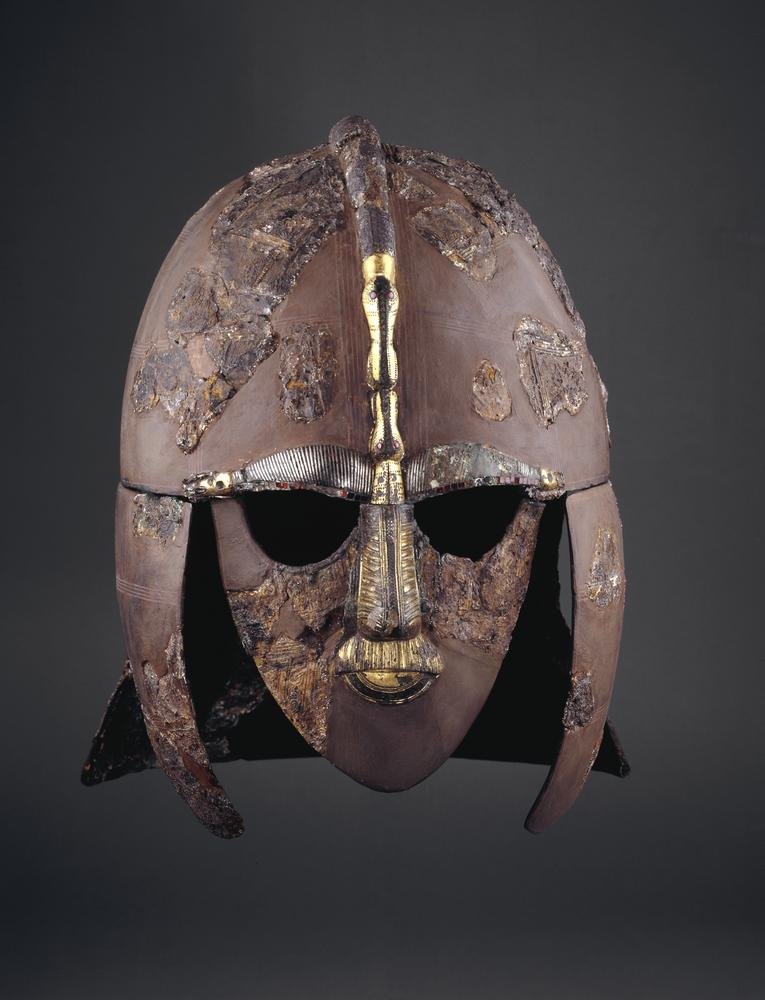This is taken from A Man of Heart, by Liam Guilar. Published by Shearsman books 2023.
Lullingston Roman Villa remains, Kent, England.
Maxim 1
History is a record of brutality
tempered by outbursts of idealism.
Memory
There was never enough light
Even in summer, shade
and shadows contour brightness.
At night, torches and lamps
shiver the edge of sight.
The candle drew attention to itself
while life continued in the silent,
darker ebb and pool beyond.
I remember her hand on the pillar,
a shadow on the white stone.
Her eyes bright in a dark face.
She was worried, there were visitors,
men of power and influence,
come to court her daughter.
Not bad for a freed slave
from the lands around Carthage.
I remember her hand on the pillar,
the light shaking over the mosaic floor.
She had plans. We all had plans.







